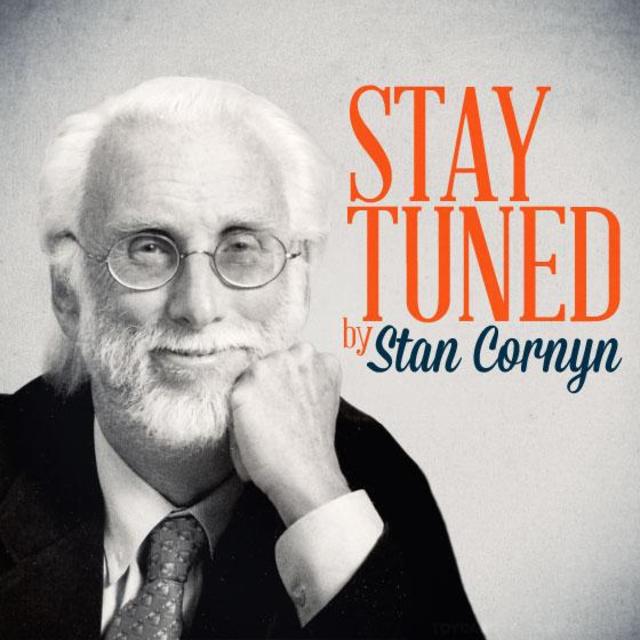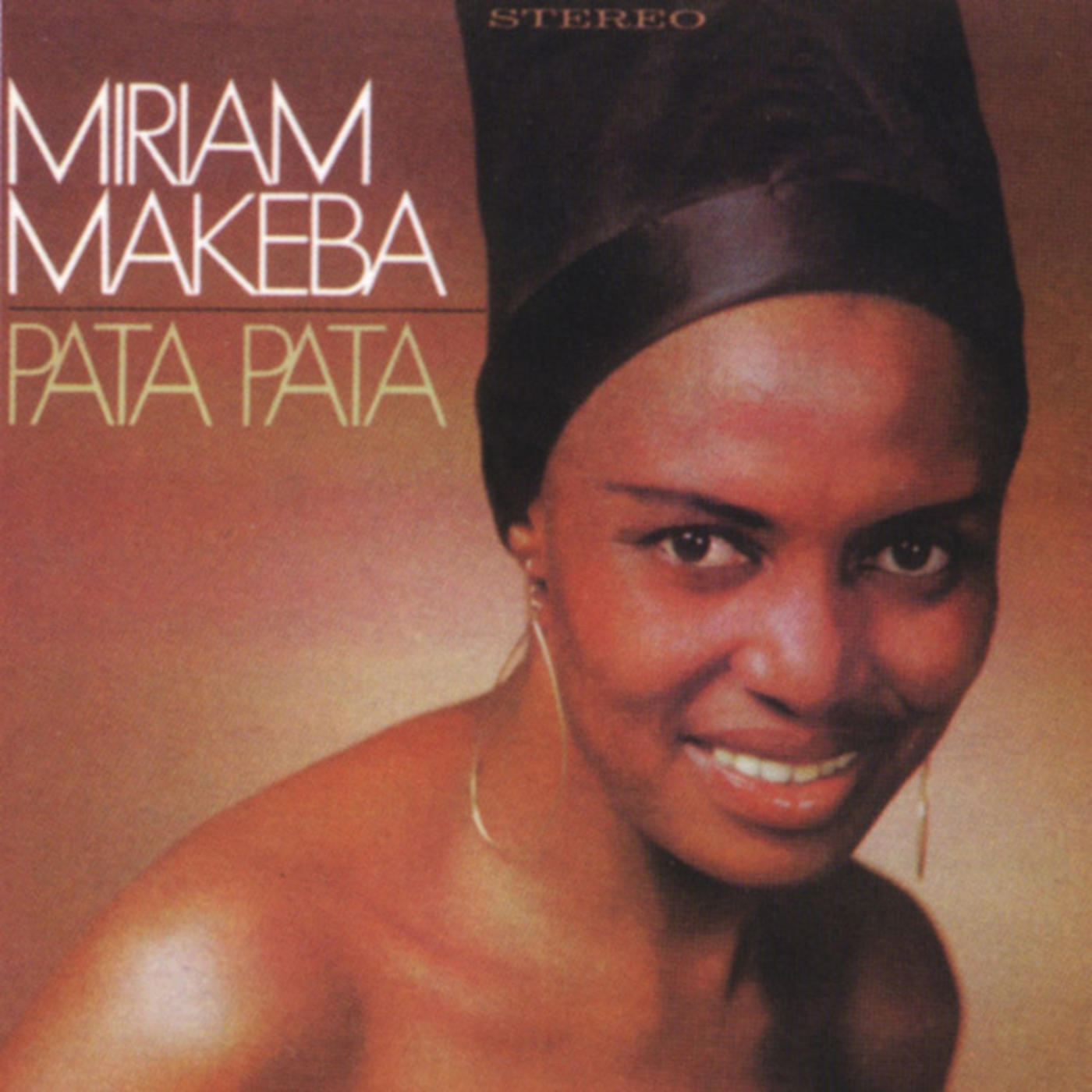Stay Tuned By Stan Cornyn: MoJoe Explore New Worlds

Every Tuesday and Thursday, former Warner Bros. Records executive and industry insider Stan Cornyn ruminates on the past, present, and future of the music business.
With “Mo and Joe” named the heads of Warner/Reprise (after the departure of Mike Maitland in 1967), Mo became the labels’ (plural) head. Chief Executive of the combined-labels company.
For Mo, who’d been in a “there’s more to this than Sinatra and Company” mode, the worlds of all-other had opened up. He explored new signings beyond Vegas and Palm Springs.
He had no map, but he was the best listener to others with passions for music-to-record. He’d discovered acts-to-sign, often from a pile of singles from English labels that sat on the right side of his desk. He’d listened to deep-feelers around him, younger guys like Bob Krasnow, Lenny Waronker, Teddy Templeman, and Andy Wickham. “Whatta you think of this?” he’d ask, and try out demo singles of artists-to-sign that ranged from Miriam Makeba to The Electric Prunes.
He scoffed at none, and Reprise had discovered not only “Good Music” (a category also called “pop”) but unusual music by new artists, both boys and girls who needed shaves.
Mo himself never claimed to have “ears,” an attribute that many of his colleagues liked to claim they had, and even got custom license plates for their car that showed that off.
But Mo was a listener to others-with-ears, in excelsis.
When Mo moved to the CEO’s office upstairs at Warner-Reprise, he offered me his ex-office at the other end of the hall. Yep! I followed him for years to come.
Mo and Joe’s Unexpected Signings
There were too many to cover here, so I’ll just pick.
Miriam Makeba:
A South African singer of jazzy songs in her native language. Her single hit for Reprise – “Pata Pata” – was born after Mo assigned R&B producer Jerry Ragavoy to make her album. After Ragavoy fumbled in choosing hip songs, he met with Miriam and her song-writing friend, Dorothy Msuka. Jerry asked Makeba to sing what she’d grown up with in South Africa.
Miriam and Dorothy responded, and Ragavoy turned on his tape recorder. For an hour, Miriam and her girl friend sang a capella, just their voices. Ragavoy had never heard anything like it.“Fantastic,” he told them.
One of the songs – yes, “Pata Pata” (which is translated as “Touch Touch” from the Xhosa language) – got chosen, with some English words added. Ragavoy said, “It was fun.” But he also said, “If somebody had brought it to me as a master, I would have turned it down. I would have passed.”
Mo Ostin did not pass.
For Reprise, “Pata Pata” became a single hit, off the wall. Billboard Hot 100 to #12. Album title, understandably: Pata Pata.
Watch an early performance here:
Wilderness Road
Not all examples of Mo reaching out have been remembered, fondly or not. Examples:
• The Paris Sisters Sing Everything Under the Sun
• Arthur Writus & the Nagging Pains
• Mephistopheles: In Frustration I Hear Singing
• Wilderness Road: Sold for the Prevention of Disease Only
Picking one of these, just to be clear, Wilderness Road was a Chicago-centered rock band that was deeply into the revolutions of 1968: Anti-War, Pro-Peace.
Picked up after their debut album at Columbia, they spent a couple of months in Los Angeles recording, living at L.A.’s Tropicana Motel.
Wilderness Road’s Reprise album got most attention for its condom theme, its title (Sold for the Prevention of Disease Only) taken from a slogan that appeared on condom vending machines. It got less attention for its songs. The band’s songs met the needs of intellectual nerds, with take offs on organized religion (“What Key Does the Good Lord Sing In?”) and those new blues bands from England (“The Authentic British Blues”).
But as the Vietnam Peace movement waned and Richard Nixon became president, Wilderness Road seemed old-fashioned, and Mo’s family of ears turned to Glam Rock.
Joe Picked ‘Em, Too
Mo was not alone in godawfuls. Joe Smith, heading up the Warner label, put out an album by Louise Huebner, the Singing Witch: (Seduction Through Witchcraft). Ms. Huebner came from near-by, working the Sunset Strip. Joe’s land.
Her local fame peaked in 1968 when arrangement was made with the County of Los Angeles to have her officially appointed its Official Witch. She had issued a couple of books, too, proclaiming her sexy pop magic with chapters like “Orgies – A Tool of Witchcraft.”
Huebner had been asked by L.A. County to do radio promotion for its Summer Concert Series at the Hollywood Bowl. At that time, Louise considered herself only an astrologer. But with local station KLAC as her medium, she’d cast her spells 12 times a day. Hearing these, another L.A. radio personality, attorney Melvin Belli called through to ask if the radio station could “send over the Staff Witch.”
All this witch gave Joe Smith an itch, and he signed up, too.
To get an album out, Joe turned recording it all over to the sexy witch, who spoke her chants against electric Moog music by Louis and Bebe Barron. Throughout the album, Louise’s scratchy, witchy voice gives lessons on how to seduce.
No one at Warner Bros. Records had a clue about how to promote this oddity, although many employees in the late ‘60s were deeply interested in seduction.
Give in to the Seduction here:
Had Mo and Joe Given Up On Sinatra & Petula?
Recall our era: This is 1967 and 1968. Frank, Dean, Petula, PP&M, Nancy are still “Glam Pop for Reprise."
Best-sellers still in those two years:
Frank Sinatra:
Francis Albert Sinatra & Antonio Carlos Jobim
Frank Sinatra and Duke Ellington
Nancy Sinatra:
“Sugar Town,” “Jackson,” “Some Velvet Morning”
Frank and Nancy Sinatra: "Somethin’ Stupid"
Dean Martin:
Welcome to My World
Greatest Hits, Volumes 1 and 2
Mo kept busy on both sides of Reprise. He knew not what would last for years, but listened carefully to those around him who felt strong about the music of today. And if those who felt strong had little recall about Duke Ellington, but major passion about acts like Arlo Guthrie and Jimi Hendrix, they belonged up front in Mo’s Club.
Joe, Too
Joe Smith hung in with Warner’s glam pop stars, as well:
The Association:
Insight Out, “Windy,” “Never My Love”
"Everything That Touches You"
Peter, Paul and Mary:
“Leaving on a Jet Plane,” “I Dig Rock and Roll Music”
Late Again
Petula Clark:
“Don’t Sleep in the Subway,” “This Is My Song”
“The Other Man’s Grass Is Always Greener,” “Kiss Me Goodbye,” “Round Every Corner,” “You’d Better Come Home”
Joe’s ears worked well, based, one suspects, on his background as an elite DJ in his Boston years. He could hear both soft (Rod McKuen) and hard (The Watts 103rd Street Rhythm Band), both of them Warner hits the very next (1969) year.
But it was really the both of them: Mo AND Joe. Soon enough we decided to put a billboard up on the Sunset Strip to explain their smiles:
- Stay Tuned

